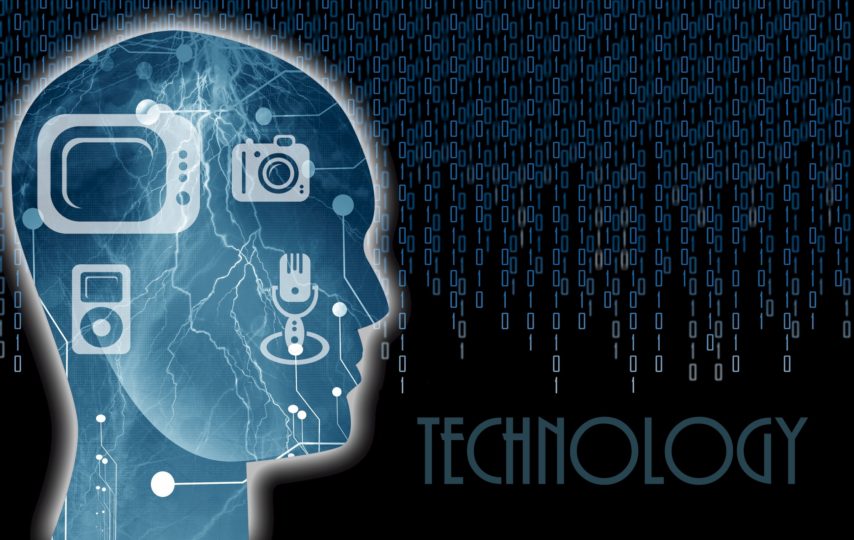The tech-world has taken quite a few leaps in this century to get where it is at the moment. The earth is bogged with problems but things are a little better than they would be for had it not been for the unprecedented developments in technology. Wide-scale automation, applied artificial intelligence, deep neural networks, all have made lives easier for a lot of us. However the foundation stone, the root from which all these technologies have stemmed out is data and the science of understanding and manipulating data. Hence, data science can be called the mother of the technological revolution. Let us see the greatest technological achievements of this era and see if we can link that with data science.
The autonomous cars
So, we made cars that can sense the environment surrounding them and drive with little or no input from the driver. This is a significant invention, worthy of discussion not just because it is fascinating and super fun but also because it has a lot of practical benefits. Before we go into that, let us see how autonomous cars function.
If the cars are driving automatically, they must have vision!
In fact, if you think about it, the use of machines to see what human eyes cannot, has a history that dates back to Leonardo Da Vinci’s experiments with echolocation. The cathode ray experiments of Rontgen, Nikola Tesla, and Thomas Edison, paved the way for X-ray imaging. Sonar was used to detect underwater presences. So, how does the autonomous car’s vision work?
The three sensory organs of an autonomous car are camera, radar, and lidar. Working together, these three help the vehicle detect objects in its environment; judge their speed and distance, and identify their three dimensional shape.
Now, while these tools can help the car document its environment, its reaction to that very environment is based on complex algorithms. These algorithms are trained with thousands of hours of unstructured data. That is where data science comes in.
A similar theory can be applied for pilotless aircrafts and literally any automatic device that makes use of image recognition technology. All these are the legacy of data science.
Data science at NASA
Any space related project involves an enormous amount of data at a very short time. A lot of things happen at the same time. David Mezza who is a data scientist at NASA says that the primary challenge for data scientists there is ensuring that the database management strategy is robust enough to support data sets which are outdated.
Every step taken at these agencies is directed by data analysis and data scientists add tremendous value to these ventures.
The automated chatbots
The chatbots have evolved over the years in a fashion that really fascinates. There have been attempts to make chat agents that emulate human conversation for decades. Scientist after scientist has tried to pass the Turing test by making a machine that cannot be detected as being a machine when engaging in conversation with a human expert.
Chatbots on E-commerce sites nowadays do a lot more than just making a merry conversation with a human being. They play a vital role in customer services by understanding their requests, thanks to the developments in NLP; pulling data to answer those queries, and helping the companies maintain a stellar response record.
All of this is possible through the exposition of machines to tailored data – again the legacy of data science.
Recommendation systems
We hated the recommendation systems on various social sites a few years ago. They were irrelevant and more often than not ridiculous. Marketers used cheap keyword stuffing to push their product up. Thanks to the continuous developments in machine learning and data science as a hole, recommendation systems (well, most of them) know what they are doing. And we love it.
You keep seeing things you like without looking for them. You get ads for products which you actually want. It is a magical world really.
Why not get into data science
Data science is a multidisciplinary field that holds a lot of different areas together. Areas like deep neural networks, natural language processing, computer vision, image processing, nothing can function without data science. It is like the new mother of all sciences. Every subject seems to be a branch of data science. It is more than just a few tools and techniques. But you gotta start somewhere. I recommend starting with a data science Python course. You will learn a general purpose language and the applications of it in data science. What could be better?





